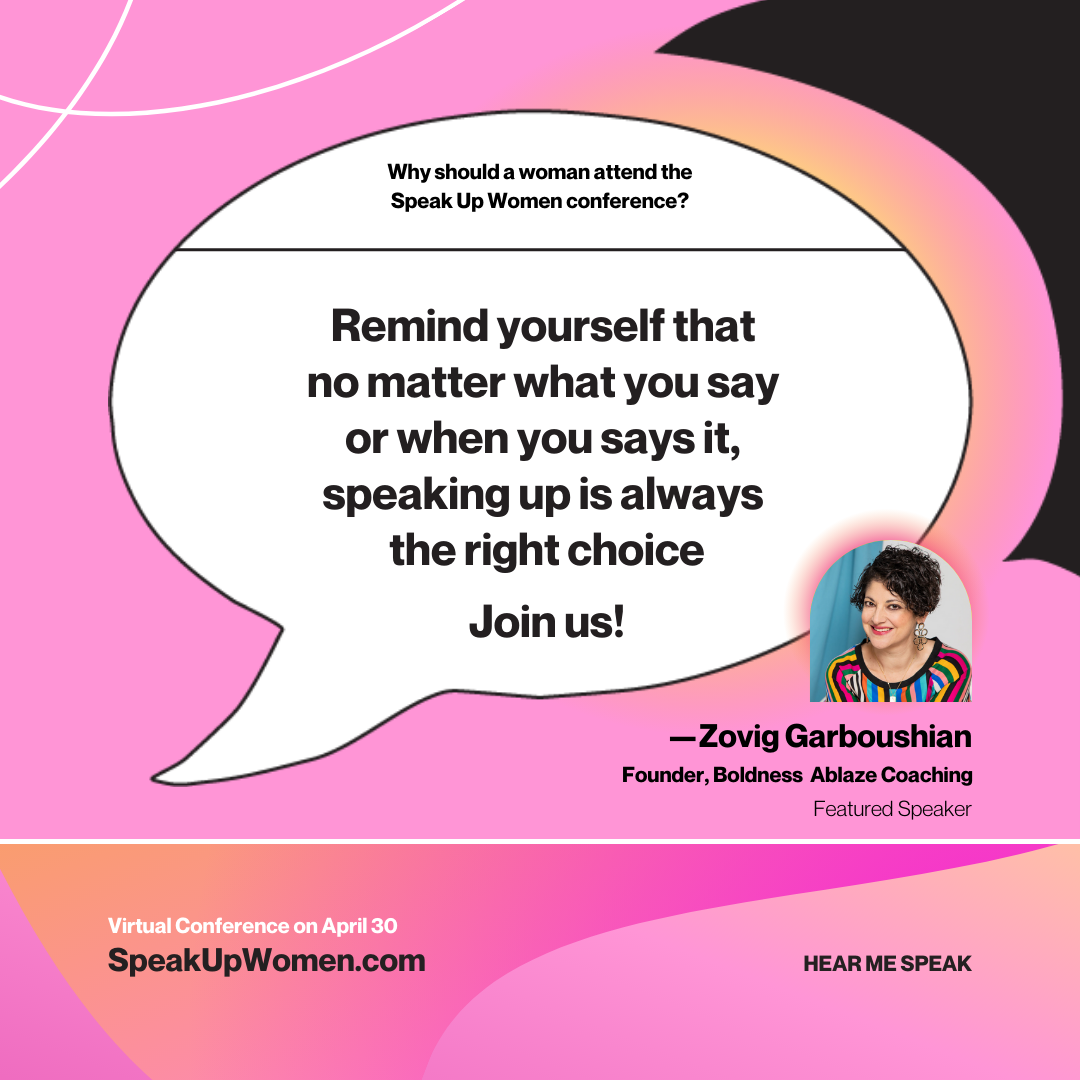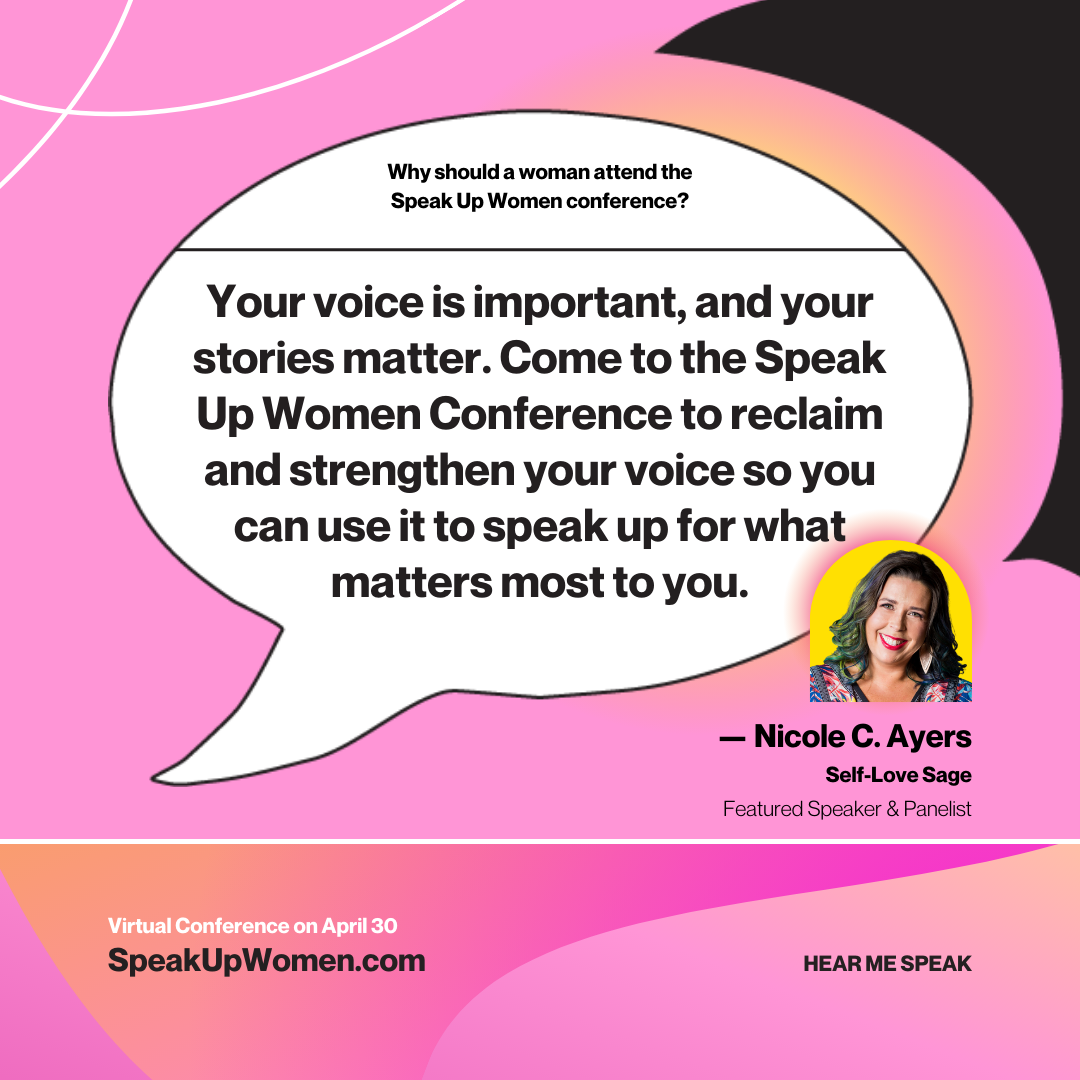We all have an inner voice whose job it is to tell us the truth about ourselves and the world around us. Some call it intuition or “going with your gut”. The sentiment is the same – there is wisdom inside us that serves as a compass for the choices we make and how we navigate the world.
The challenge is that the inner voice can get muddled with the barrage of information that floods our senses 24/7.
So how do you know with certainty what your inner voice is trying to tell you? Here are three disciplines you can practice today to figure that out.
Slow Down to Tune In
We are very used to moving fast – be productive, move fast and break things, hustle or die, smash the like button…you get it. Slowing down is not encouraged nor celebrated nearly enough. We might even experience consequences for moving too slowly.
Unfortunately, we’ve become a society of reactive action takers instead of thoughtful responders.
Slowing down is a critical step to inner listening. To slow down means dedicating time for quiet and thinking (and prioritizing it over activities). It means pausing before replying or reacting to put space between you and the situation. It means listening and considering more than talking and taking action.
This could be as simple as pausing before replying to an email to be thoughtful in your words. It might mean 20 minutes each morning to sit without without any screens or other stimuli. Perhaps you can block three 10-minute intervals daily to move around or hydrate.
Slowing down removes the pressure to act immediately and gives you the gift of time to process and tune into yourself before doing something.
It may seem like slowing down is counterintuitive (or even painful), given how fast our work and lives move. If you take it on, the result might be more creativity and less stress, more smart problem solving and less fixing.
Pay Attention to Your Emotions
Emotions are your primal way of responding to the world. The body produces physical reactions to things that are upsetting or joyful (and anything in between). Emotional responses are unfiltered pieces of information you often cannot control, which means they’re a source of truth.
When you experience emotion, before letting it get away from you, pause and name it so you can connect to it and get present to what’s happening. Naming emotions helps to process them and level them out which enables you to tune into why it might be happening.
*A kindness suggestion: Be compassionate to yourself around this process. Women are regularly told that we’re “too emotional” and that emotions are bad so this process may not always be comfortable. Be kind to yourself as you start to do the inner work of connecting with your emotions and what they might mean.
Examine and Challenge Your Emotions
Once you’ve identified your emotion, examine it from all angles. Explore whether the emotion is warranted or if it’s a knee-jerk response to something. If what you’re feeling is anger, ask yourself why you’re angry and what that anger might be covering up (fear, insecurity, anxiety, etc.).
The clearer you can become about why you feel the way you feel, the clearer your inner voice becomes. That’s because strong emotions like anger can mask the more tender feelings behind it.
You can explore one or all of these disciplines to help you feel more certain about what your inner voice is trying to tell you.
Zovig Garboushian is a Speaker, Women’s Executive and Leadership Coach, Organizational Consultant, and CEO and Founder of Boldness Ablaze Coaching®.



